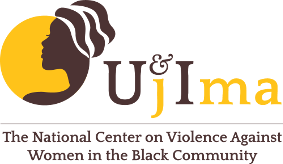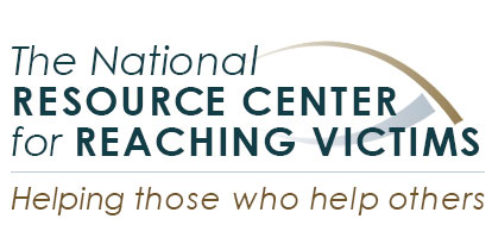Recently, accessing economic profit has been difficult for the Black community, especially Black owned businesses. In a NPR podcast addressing the economic impact of the COVID-19 pandemic on Black Americans, it was found that “overall, about 38% of small business owners who applied for government aid reported receiving it, only 12% of Black and Latino owned businesses reported getting the aid they asked for.”
While the COVID-19 Pandemic has largely affected Black communities and subsequently Black businesses, the conversation has also taken a slight shift in recent weeks following the national outcry against systemic racism and violence against Black Communities. Some Black female entrepreneurs have conflicting thoughts on the matter though. Christina Blacken — founder and creator of The New Quo — reflected on this shift, emphasising that while positive, “‘Supporting us means seeing us as equals and experts and not assuming our skills, services, and creations are less than, which has been the common narrative when discussing supporting Black ideas, creativity, and business.’”
It’s not about helping just to help, it’s about listening to Black stories and “doing the work it takes to establish this value as a given, so that Black business owners can have equal access to resources and networks that help their companies to flourish.” Some Black female entrepreneurs have shared their story and insight, and offer advice about how to potentially change the game. Alexandria Carroll, founder and CEO of License to Drift, and professional travel agency, discusses childhood experiences that have shaped her entrepreneurial mindset. Her experience with ignorant Americans and elsewhere highlighted the need she saw in cross cultural exchange and experience, leading to the development of License to Drift.
These women also acknowledge the economic access they are lacking because they are Black. Wadeeha Jackson, managing Partner at Cowry Crypt Asset Management LLC, states that a growing problem in recent years is that, “statistically, Black entrepreneurs represent 1% of covered venture-backed capital,” obviously leading to discriminatory lending practices. COVID-19 has only exacerbated this already huge problem.
Economic barriers are a significant challenge for many who already feel that finances are overwhelming, and these barriers in turn can create additional challenges, often related to health. Low-income households, especially people that live and work in areas where there is a lack of employment or educational resources, often experience a lack of access to healthy lifestyle options.
Some solutions to these financial disparities present are: introducing financial education as a model in non-profit organizations towards building investment capital, developing a business and innovative strategy towards achieving the aims and objectives of the organizations, using capacity building as a strategy for growth, and adopting a competitive strategy that involves a mix of uniqueness, value and impact.
Lisa Price the owner of Carol’s Daughter, built her multimillion-dollar hair and skincare product line, out of nothing. She got there in part by refusing to strive for impossible perfection, and instead embracing the good times and bad. “We think we have to be perfect. We think we have to get it all done — but we don’t,” she says.
Amber Williams, founder Punkyflair, launched her branding consultancy with the idea that stories, not sales pitches, are the best way to reach customers. Her strategies have helped other people of color find voices for their brands — and embrace their true selves. She encourages Black women entrepreneurs in particular to authentically include themselves in their businesses’ narratives.
Rita Robert Otu, founder of Beau Haven Farms is helping rural women grow and sell vitamin A-rich cassava. “Our goal is to encourage and support a new generation of entrepreneurial farmers,” she says. By teaching women these skills, she provides a way for them to support themselves and their families.
Lovern Gordon, former pageant winner, launched Love Life Now to unite communities against domestic violence and break down the isolation that survivors like her have experienced. She also raises money to help survivors start their lives anew.
SOURCES:
https://thestoryexchange.org/inspiration-black-women-entrepreneurs-the-story-exchange/
https://www.cnbc.com/2020/05/07/how-covid-19-is-impacting-women-owned-small-businesses.html
https://en.wikipedia.org/wiki/Access_to_finance#:~:text=Access%20to%20finance%20is%20the,the%20unbanked%20or%20underbanked%2C%20respectively
https://www.businessinsider.com/how-to-support-black-owned-businesses-according-to-black-entrepreneurs-2020-6



